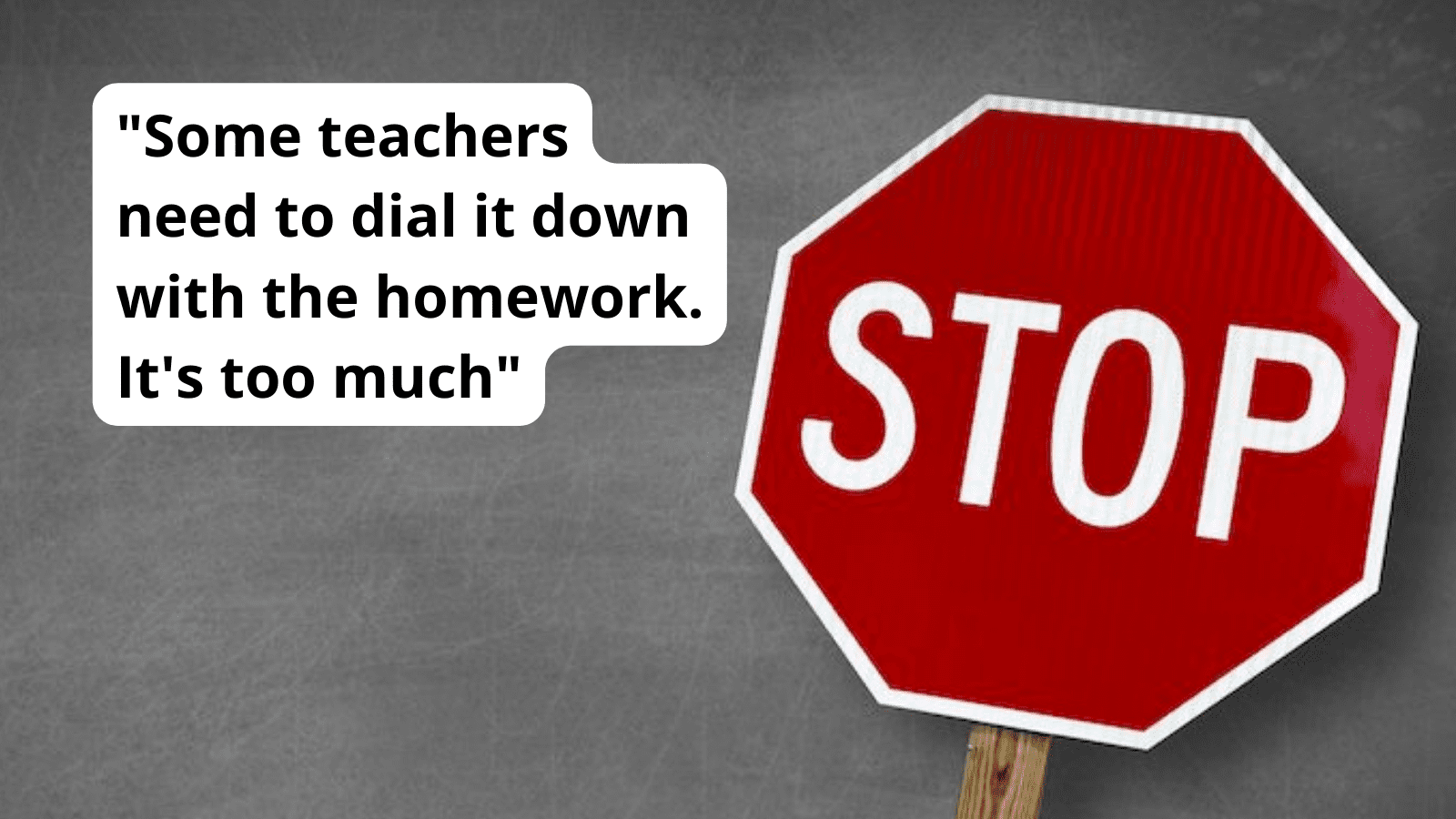Education is an ever-evolving field, and it’s crucial for educators to be at the forefront of these changes. With the help of school principals, who have a unique perspective on what works and what doesn’t work in education, we have compiled a list of 10 things that educators should stop doing.
1. Relying on lectures: Traditional classroom lectures are no longer as effective as they once were. Instead, embrace interactive and engaging teaching methods, such as group activities or inquiry-based learning to foster student participation.
2. Ignoring technology: In today’s digital world, resisting technology integration within the classroom is counterproductive. Educators should effectively use technology tools to enhance learning experiences.
3. Overcrowding the curriculum: While it’s essential for students to cover certain material during the school year, overloading students with information can reduce their ability to absorb and retain content effectively. Strive for balance, and focus on quality over quantity.
4. Neglecting individual learning styles: Not every student learns in the same way or at the same pace. Take time to understand each student’s learning style and tailor lessons accordingly.
5. Disregarding professional development: Staying updated on recent advances in educational techniques and strategies is important for continuous improvement. Attend conferences, workshops, or gain certifications to maintain a high level of knowledge in your field.
6. Ineffective communication with parents: Regular communication with parents helps develop a better understanding of students’ needs and encourages parental engagement in their child’s education. Make an effort to establish a positive relationship with parents through open dialogue.
7. Developing negative attitudes: A teacher’s attitude significantly impacts their ability to educate effectively. Adopting a growth mindset and being open to feedback will create a more conducive learning environment for students.
8. Prioritizing test results over learning experiences: While standardized testing has its place in education, it should not overshadow experiential learning. Cultivate a love for learning in students rather than focusing solely on test results.
9. Micromanaging students: Allow students to have autonomy and learn from their mistakes. Providing them with opportunities to make decisions and troubleshoot their own way through problems will prepare them for real-world challenges.
10. Being inflexible: Adaptability is essential for an educator’s success. Be open to adjusting your teaching methods and trying innovative techniques to create the best learning environment possible for your students.
By addressing these ten issues, educators can pave the way for more successful and enjoyable learning experiences for their students. Ultimately, it all comes down to staying open-minded, engaging with the broader educational community, and being willing to adapt as needed.

